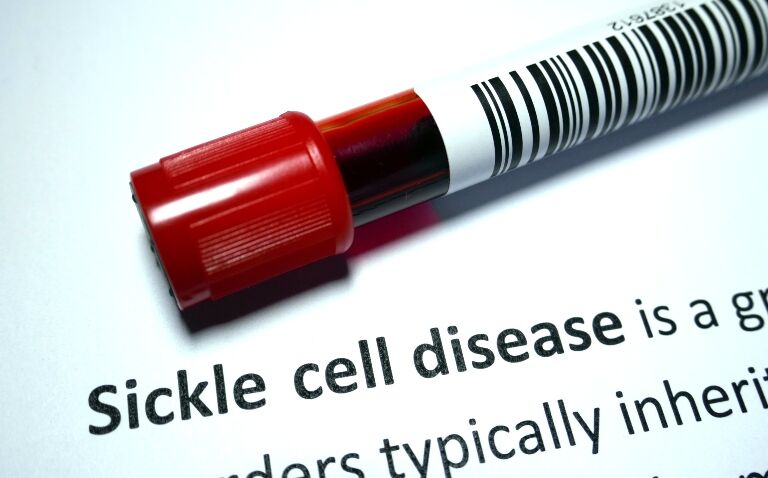Exagamglogene autotemcel (exa-cel, brand name Casgevy) has been granted conditional marketing authorisation by the European Commission (EC) for severe sickle cell disease, its manufacturer Vertex Pharmaceuticals has announced.
The CRISPR/Cas9 gene-edited therapy is now approved for the treatment of patients aged 12 years and older who have severe sickle cell disease characterised by recurrent vaso-occlusive crises (VOCs) or transfusion-dependent beta thalassemia (TDT), for whom hematopoietic stem cell (HSC) transplantation is appropriate and a human leukocyte antigen matched related HSC donor is not available.
The EC approval follows the conditional marketing authorisation from the Medicines and Healthcare products Regulatory Agency in November 2023 for the same indication.
A genetically modified autologous CD34+ cell-enriched population, exa-cel contains human hematopoietic stem and progenitor cells edited ex vivo by CRISPR/Cas9 at the erythroid-specific enhancer region of the BCL11A gene.
The edited stem cells are then infused back into the patient to restore healthy haemoglobin production.
The EC approval was based on the results of the CLIMB-111 and CLIMB-121 clinical trials, for which Dr Locatelli is principal investigator.
Looking at exa-cel in both sickle cell disease and TDT, the trials met their respective primary outcome of becoming free from severe VOCs or transfusion independent for at least 12 consecutive months.
Once achieved, these benefits were potentially expected to be life-long.
Exa-cel offers ‘potential of a functional cure’
Dr Franco Locatelli, principal investigator in the CLIMB-111 and CLIMB-121 studies, professor of pediatrics at the Catholic University of the Sacred Heart, Rome, and director of the Department of Pediatric Hematology and Oncology at the Bambino Gesù Children’s Hospital, said: ‘Sickle cell disease and transfusion-dependent beta thalassemia are debilitating, life-shortening diseases associated with significant burden on patients, families and health care systems.
‘Casgevy offers the potential of a functional cure, and it will be important to offer this therapeutic option to eligible patients as soon as possible.’
Exa-cel is the only genetic therapy approved for severe sickle cell disease and TDT patients in the European Union, and more than 8,000 patients are estimated to be eligible for treatment.
Vertex has secured early access for eligible TDT patients in France ahead of the national reimbursement process and is working closely with other national health authorities to secure prompt access for eligible patients.
The company is also seeking to establish a network of approximately 25 independently operated authorised treatment centres for the administration of exa-cel, of which there are currently three activated across Europe.










